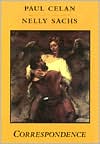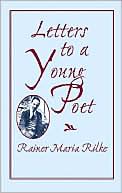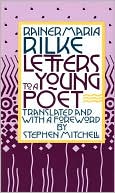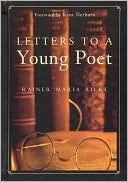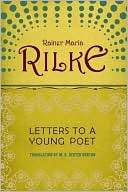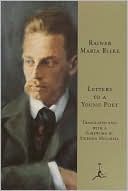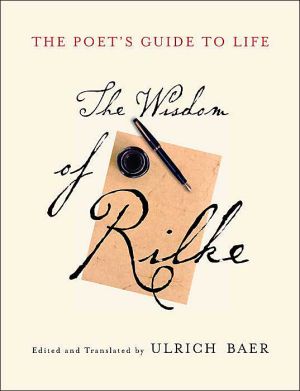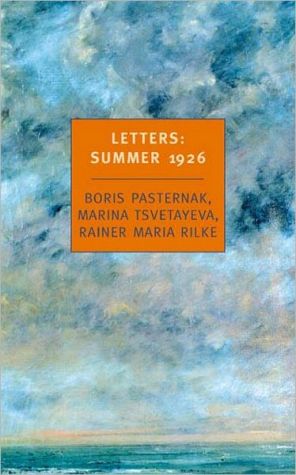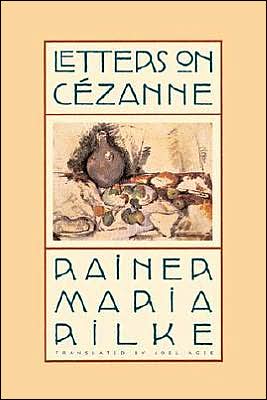Paul Celan, Nelly Sachs: Correspondence
Here are the letters between Nelly Sachs (1891 - 1970), recipient of the 1966 Nobel Prize for Literature, and the great German-speaking poet Paul Celan (1920 - 1970). Their correspondence lasted from 1954 until Celan's death by suicide. Sachs died the day Celan was buried.
Search in google:
Here are the letters between Nelly Sachs (1891-1970), recipient of the 1966 Nobel Prize for Literature, and the great German-speaking poet Paul Celan (1920-1970). Their correspondence lasted from 1954 until Celan's death by suicide. Sachs died the day Celan was buried.Library JournalCelan, though he never lived in Germany, gave German poetry one of its distinctive voices following World War II. Sachs, a generation older than he, escaped from Germany to Sweden prior to the war, continued writing in German, and went on to win the Nobel Prize. Both were transformed by the grief caused by the Nazi experience, which led to the loss of close and dear relatives. Their correspondence, presented in this unique collection of 126 pieces extending over a 16-year period starting in 1954, reveals some sadness but a distinct sense of survivorhood. Sachs's "Chorus of the Orphans" was the trigger that moved Celan to write to her. The exchanges that followed were a testimony to their mutual reverence for, and knowledge of, each other's "things." This first English edition includes an extensive editorial notes section and a chronological table juxtaposing the events of their two lives. A valuable addition to comprehensive literature collections. Recommended for academic and large public libraries.-Ali Houissa, Cornell Univ., Ithaca, N.Y.
Divide yourself night\ both your irradiated wings\ tremble with horror\ for I will go\ and bring you back the bloody evening\ -- from Nelly Sachs's last letter to Paul Celan
IntroductionProseEdgar Jene and the Dream about the Dream3Backlight11[Reply to a Questionnaire from the Flinker Bookstore, Paris, 1958]15Conversation in the Mountains17[Reply to a Questionnaire from the Flinker Bookstore, Paris, 1961]23[Letter to Hans Bender]25[Reply to a Poll by Der Spiegel]27La poesie ne s'impose plus, elle s'expose29SpeechesSpeech on the Occasion of Receiving the Literature Prize of the Free Hanseatic City of Bremen33The Meridian37[Address to the Hebrew Writers' Association]57Introductory Notes to the Translations of Blok and Mandelstam61Sources65
\ From the Publisher"The correspondence includes lovely Sachs poems and interesting accounts of their meeting and of contact with other prominent writers of the time. The introduction and afterword are indispensable, as is the entire book."--Choice\ \ \ \ \ Library JournalCelan, though he never lived in Germany, gave German poetry one of its distinctive voices following World War II. Sachs, a generation older than he, escaped from Germany to Sweden prior to the war, continued writing in German, and went on to win the Nobel Prize. Both were transformed by the grief caused by the Nazi experience, which led to the loss of close and dear relatives. Their correspondence, presented in this unique collection of 126 pieces extending over a 16-year period starting in 1954, reveals some sadness but a distinct sense of survivorhood. Sachs's "Chorus of the Orphans" was the trigger that moved Celan to write to her. The exchanges that followed were a testimony to their mutual reverence for, and knowledge of, each other's "things." This first English edition includes an extensive editorial notes section and a chronological table juxtaposing the events of their two lives. A valuable addition to comprehensive literature collections. Recommended for academic and large public libraries.-Ali Houissa, Cornell Univ., Ithaca, N.Y.\ \
